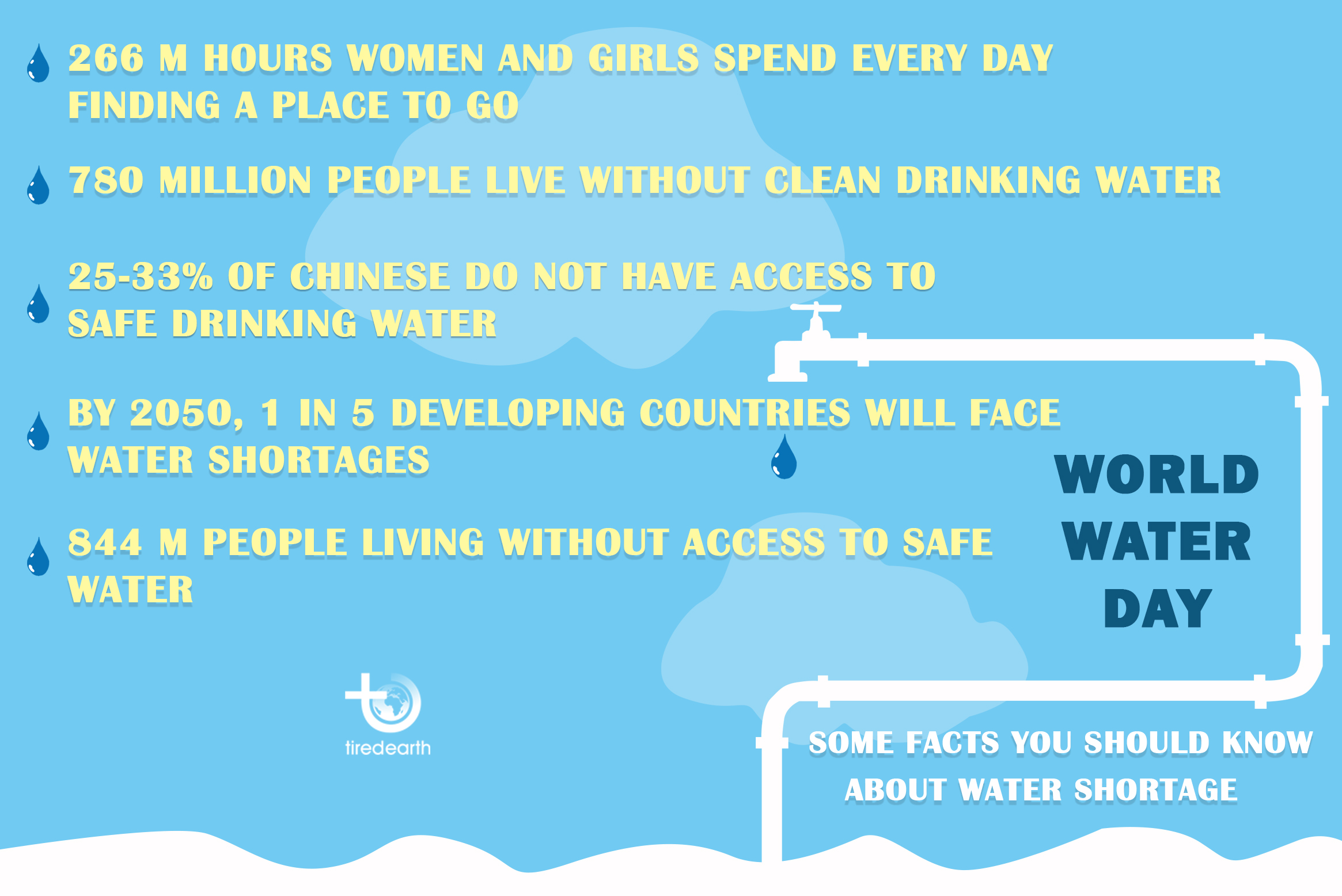4Causes of water scarcity
There are several reasons for water scarcity that we are going to explain some of them.
Overuse of water
Water overuse is a great issue that a lot of people are dealing with. It may be overused on people, animals, land, or any other number of things. . Some people use too much water especially for irrigation purposes. It therefore becomes inadequate for other equally important uses.
Population expansion
With an ever-growing global population, the strain on the world’s water resources only keeps looming larger each day. The total number of people on earth has doubled Just 50 years ago. This is a result of larger family sizes and access to better health care and lifestyles. This means that use of wholesome water for drinking, cleaning, cooking and sewage has tripled. Humans are a lot more careless in recent time, and we waste more water than ever before. This has placed a lot of pressure on the same amount of water that we have. The United Nations has estimated by 2030, half of the global population will be in areas of high water stress.
Water pollution
Water pollution is a huge problem, especially when you’re looking at areas that don’t necessarily have a good sewage system. Water pollution is yet another cause of water scarcity. The sources of water pollution include pesticides and fertilizers that wash away from farms, industrial and human waste that is directly dumped into rivers without treating it in water treatment plant. Oil spill on the ground, waste water leakage from landfills can seep underground and may pollute the groundwater making it unfit for human consumption.
Climate change
Climate change is usually causing the world’s waters to warm as well as bringing changes to rainfall patterns, water levels, and river flow. As humans continue to cause more carbon dioxide and other greenhouse gases into the atmosphere, patterns of weather and water will change around the world. Droughts will become more common in some places, floods in others. Glaciers and snow packs will disappear in some areas, affecting the freshwater supplies to those downstream communities. These changes will combine to make less water available for agriculture, energy generation, cities and ecosystems around the world.
Solutions for water scarcity
Water conservation
One of the greatest way to deal with water scarcity is water conservation. It is somehow an indirect approach to reducing water demands and it is typically critical in maintaining the supply-demand balance.




